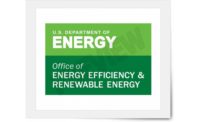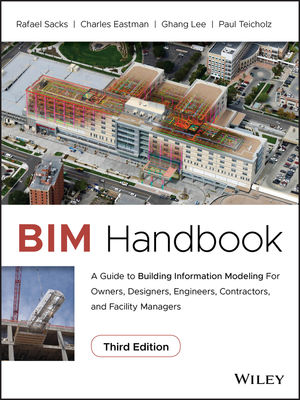From an article on the AutomatedBuildings.com website titled, “Delivering Demand Response Information & Solutions Today!”: “The opportunities surrounding demand response (DR) cannot be underestimated. These opportunities are available today for building system contractors, integrators and owners.”
The critical shortage of electricity in the U.S. is driving utilities and regional ISO’s (independent system operators) to offer significant incentives on electricity loads that can be curtailed at peak times. Issues driving the need and opportunity of DR include:
- Spiraling energy costs
- Shortage of electric generation at peak periods
- Demand for energy efficient green buildings
- Increase awareness for reducing carbon footprint
- Availability of communication and control technologies
In sharp contrast to traditional HVAC solutions, new requirements include providing facilities managers the tools to perform the same sophisticated business intelligence analysis typically reserved for business applications. “The goal is to develop intelligent HVAC solutions capable of providing facilities managers the ability to base operational decisions on real time performance data and uncover hidden costs,” according to ARC Research Analyst Jared Malarsky, the principal author of ARC’s HVAC Control Systems Worldwide Outlook (www.arcweb.com/res/hvac).
Reducing long-term energy costs through efficiency. Key factors contributing to growth include the drive to upgrade and efficiently operate the aging facilities in mature markets. Building owners and operators are focusing on the long-term life-cycle costs of owning and operating existing buildings, one of the largest expenses facing companies today.
Enterprise integration is bringing transparency to this process, enabling strategic and efficient management of existing building assets. HVAC suppliers have continued to develop new solutions that feature more efficient hardware, integrated control systems, and management services. This is resulting in increased productivity and lowered costs, with minimal operational upsets. In addition, many smaller buildings that were not likely candidates for expensive, complex HVAC control systems in the past are now benefiting from lower-cost, simplified control systems.
IT-based solutions enable integration across buildings and corporate departments. There is a growing trend toward enterprise integration across departments and buildings via Web services. IT-based solutions lay at the very heart of the direction the market is taking, and leading suppliers have spent the last two years developing these solutions. While offering Web-based control will be less of a strategic differentiator going forward, there are still many related areas in which companies can distinguish themselves and improve their competitive advantage over peers. ARC expects HVAC controls to expand in functionality, convenience, scalability, and accessibility. They will be employed to support a broader range of applications, from the largest enterprises to more focused solutions that can grow in functionality as companies increase investments.
Emerging markets offer opportunities for advanced controls. Corporations in Asia, the Middle East, and Latin America continue embarking on new construction projects to meet the needs of their expanding operations. Multinational corporations often prefer modern Web-based control systems that give them real-time access to information about overseas facilities.
The latest report on the China market for environmental control systems in buildings from i&i - Proplan shows that the market has grown at an average compound rate of 10% over the last four years. If it continues growing at the same rate, it will in 2038 overtake North America and will be the largest single market in the world. By that time, penetration will still only be some 25% of that recorded in developed western markets.
Head In The Right Direction
So are you seeing what I am seeing? We are surrounded by opportunities, and some in our industry are uncertain of how to make money because traditional markets are changing and they are not. I love a particular quote by Albert Einstein cited in an article by Jim Sinopoli, P.E. in our August issue titled “Bytes and Bricks: Leaving Data and Money on the Table”: “Technological change is like an axe in the hands of a pathological criminal.”So if you do not want to lose your head to the axe of change, invest in understanding the technology changes around you. We have two basic choices in how we do things: be reactive to things that happen around us, or proactive to ensure things happen as we want them to. ES




